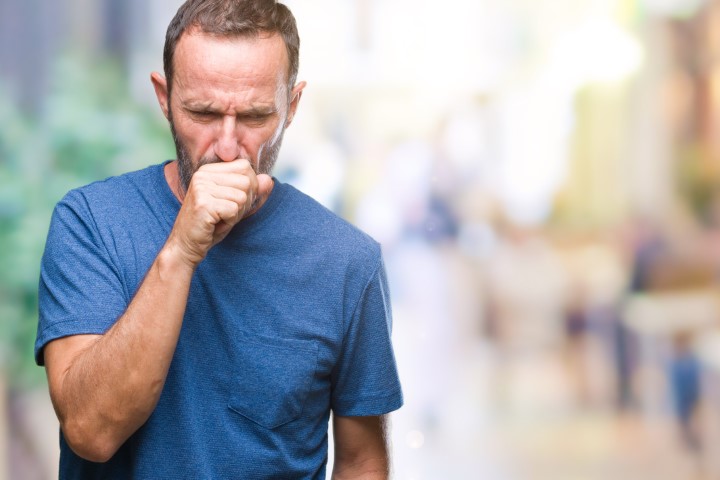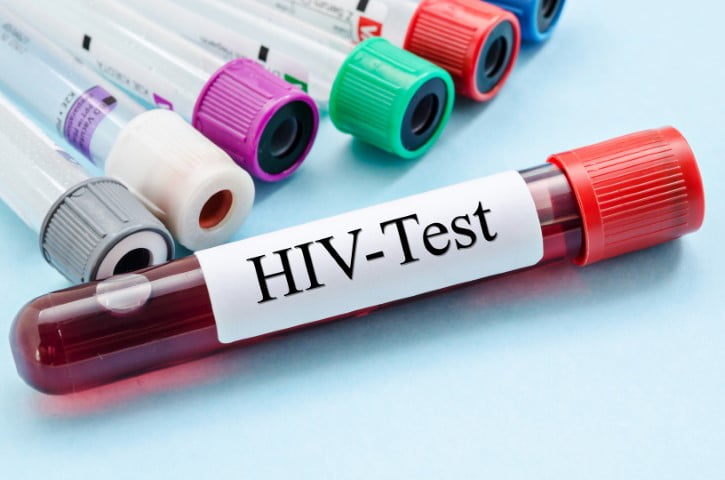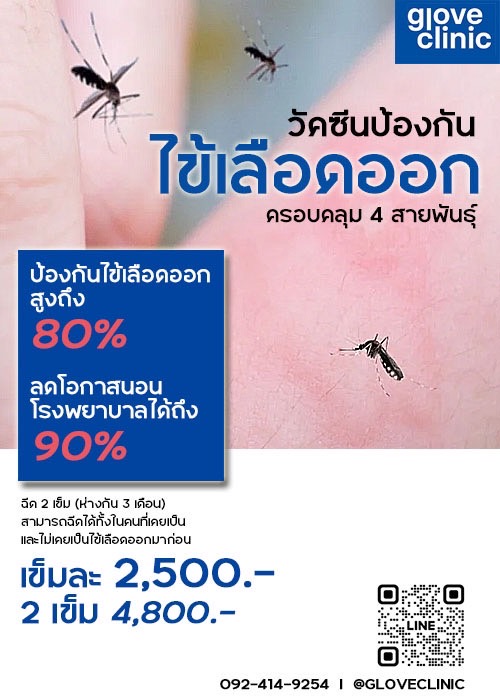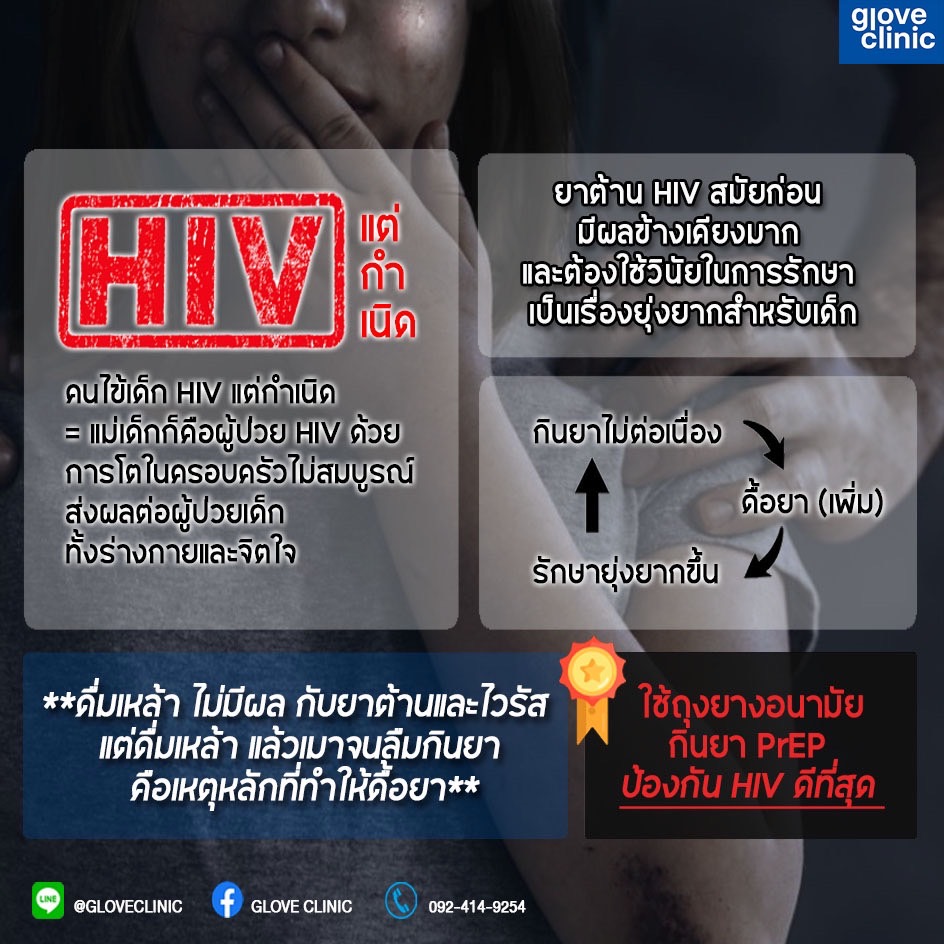294/1 Asia Building (11th Floor), Phyathai, Bangkok
Pneumococcal vaccine / Prevnar13 + Pneumovax23

Pneumococcal disease is common in young children, but older adults are at greatest risk of serious illness and death. There are 2 kinds of vaccines that help prevent pneumococcal disease
- Pneumococcal conjugate vaccine or PCV13 (Prevnar13)
- Pneumococcal polysaccharide vaccine or PPSV23 (Pneumovax23)
Who Should Get Pneumococcal Vaccines?
CDC recommends pneumococcal vaccination for all children younger than 2 years old and all adults 65 years or older. In certain situations, other children and adults should also get pneumococcal vaccines. Below is more information about who should and should not get each type of pneumococcal vaccine.
Talk to your or your child’s clinician about what is best for your specific situation.
PCV13: CDC recommends PCV13 for
- All children younger than 2 years old
- People 2 years or older with certain medical conditions
Adults 65 years or older also can discuss and decide, with their clinician, to get PCV13.
PPSV23: CDC recommends PPSV23 for
- All adults 65 years or older
- People 2 through 64 years old with certain medical conditions
- Adults 19 through 64 years old who smoke cigarettes
Who Should Not Get These Vaccines?
Because of age or health conditions, some people should not get certain vaccines or should wait before getting them.
Tell the person who is giving you or your child a pneumococcal conjugate vaccine if:
- You or your child have had a life-threatening allergic reaction or have a severe allergy.
- You or your child are not feeling well.
How Well Do These Vaccines Work?
Vaccines that help protect against pneumococcal disease work well, but cannot prevent all cases.
Studies show that at least 1 dose of pneumococcal conjugate vaccine protects
- At least 8 in 10 babies from serious infections called invasive pneumococcal disease
- 75 in 100 adults 65 years or older against invasive pneumococcal disease
- 45 in 100 adults 65 years or older against pneumococcal pneumonia
Studies show that 1 dose of pneumococcal polysaccharide vaccine protects
Between 50 to 85 in 100 healthy adults against invasive pneumococcal disease
What Are the Possible Side Effects?
Most people who get a pneumococcal vaccine do not have any serious problems with it. With any medicine, including vaccines, there is a chance of side effects. These are usually mild and go away on their own within a few days, but serious reactions are possible.
- Reactions where the shot was given; redness, swelling, pain or tenderness
- Fever
- Loss of appetite
- Fussiness (irritability)
- Feeling tired
- Headache
- Chills
Reference: https://www.cdc.gov/vaccines/vpd/pneumo/public/index.html
Make Appointment





Relate content :

HIV Test: Everything You Need to Know for Your Health at Glove Clinic
Worried about HIV symptoms? Find out where to get an HIV Test, understand results, and learn about HIV Treatment options. Get confidential STD testing at Glove Clinic.
Your Guide to Sexual Health Clinics: Everything You Need to Know
Are you seeking information about sexual health clinics? Whether you're looking for routine check-ups, specific treatments, or simply want to learn more about your sexual health, this blog post is here to guide you. We'll discuss what sexual health clinics are, how to choose the right one, and provide a spotlight on sexual health clinics…
ฉีดวัคซีนงูสวัดที่ glove clinic
งูสวัดคือไวรัสชนิดหนึ่ง (Herpes zoster) ซึ่งเป็นเชื้อไวรัสตัวเดียวกันกับอีสุกอีใส (Varicella zoster) เมื่อเราติดเชื้อไวรัสอีสุกใสในวัยเด็กแล้ว ไวรัสสามารถที่จะหลบซ่อนได้ในร่างกายเป็นเวลานานหลายปี จนกระทั่งเมื่อร่างกายอ่อนแอ ไวรัสนั้นจึงออกมาทำให้เกิดอาการตุ่มน้ำใส ปวดแสบร้อนตามบริเวณที่เส้นประสาทต่าง ๆ ของร่างกายซึ่งเรียกกันว่างูสวัด
ตรวจ HIV รีวิวความรู้สำหรับการตรวจเอชไอวี (HIV test)
เอชไอวีคือไวรัสที่สามารถติดต่อได้จากการมีเพศสัมพันธ์, การใช้เข็มฉีดยาร่วมกัน, และการติดจากแม่สู่ลูก เมื่อติดเชื้อไวรัส HIV ไวรัสจะทำให้ภูมิคุ้มกันของร่างกายอ่อนแอลง และติดเชื้อโรคอื่น ๆ ได้ง่าย
ปีนี้มีคนไข้ป่วยด้วยไข้เลือดออกมากกว่า 2-3 ปีที่ผ่านมา
เนื่องจากว่าผู้คนกลับมาใช้ชีวิตปกติ มีการเดินทาง จึงพบการระบาดมากขึ้น โดยจากสถิติของกรมควบคุมโรคพบว่ามีผู้ป่วยด้วยไข้เลือดออกในประเทศไทยเกินกว่า 60,000 รายไปแล้วทั้งปี 2566 ไข้เลือดออกเป็นโรคที่ก่อให้เกิดความรุนแรงได้ทั้งในเด็กและผู้ใหญ่ โดยเฉพาะอย่างยิ่งในคนที่เป็นซ้ำครั้งที่ 2 จะมีโอกาสเกิดภาวะช๊อคและเสียชีวิตได้มากขึ้น (โอกาสเสียชีวิตอยู่ราว ๆ 1:1,000) วัคซีนไข้เลือดออกรุ่นใหม่สามารถครอบคลุมได้ทั้ง 4 สายพันธุ์และทั้งนี้ผลการศึกษาพบว่าช่วยป้องกันการติดเชื้อได้ถึง 80% และลดโอกาสการนอนโรงพยาบาลได้ถึง 90% นอกจากนี้ยังสามารถฉีดได้ทั้งในคนที่เคยและไม่เคยเป็นไข้เลือดออกมาก่อน (วัคซีนไข้เลือดออกรุ่นเก่าไม่ควรฉีดในคนที่ยังไม่เคยเป็นไข้เลือดออก) สอบถามข้อมูลเพิ่มเติมเรื่องวัคซีนไข้เลือดออกได้ที่ 092-414-9254, Line Official @gloveclinic (มีแอดข้างหน้า)
